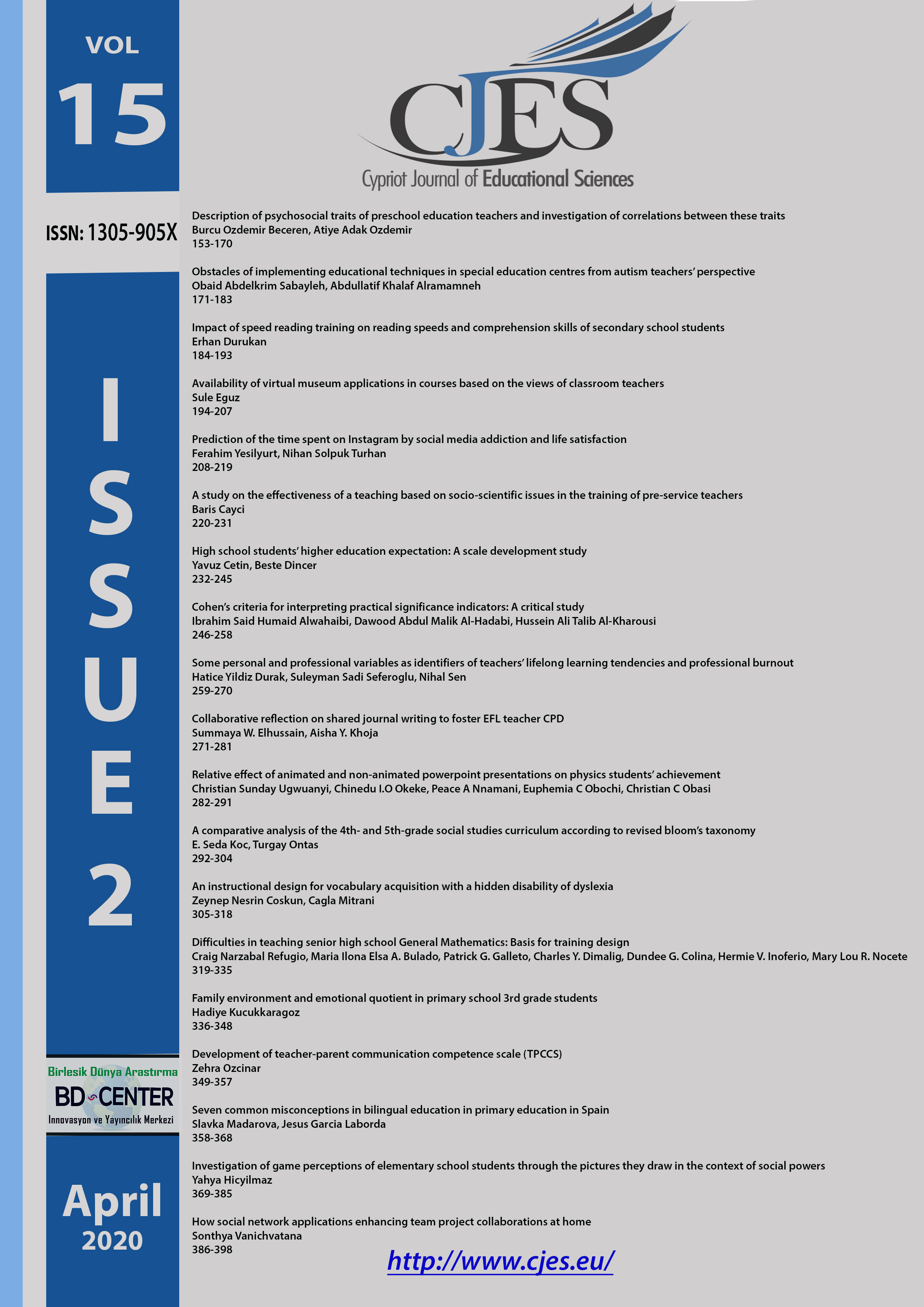
The idea of accountability has been globally shaping educational systems in many aspects. Teaching practice is normally assessed through the quality assurance mechanism via a set of mandated performance indicators and measures imposed on schools. In this context, using mentoring to equip new teachers to perform their roles with sufficient skills and knowledge is crucial. Hong Kong is no exception to the accountability regime. Performance indicators have been adopted in schools both through external school review (ESR) and school self-evaluation (SSE). As a result, the impacts of accountability on such aspects of teacher development as school-based mentoring are starting to emerge. This study applies a qualitative research approach to examine thirty-three mentors’ views on changes of their school-based mentoring scheme brought about by the accountability era in Hong Kong. Findings show that accountability has shaped school-based mentoring schemes in three ways. Firstly, mentoring now focuses on enhancing professional competency of new teachers with a strong emphasis on school development and improvement. Secondly, the network development aspect of group mentoring tends to be more important. Thirdly, accountability has pushed mentoring programmes towards being formal and structured. Viewing the shifts, two improved ways forward may be proposed. Firstly, the aims of mentoring should strike a balance between the developmental requirements of schools and helping new teachers to be transformed into ‘transformative learners’. Secondly, an emphasis on the development of social capital of schools through partnership schemes with tertiary institutions could be a good move. However, such a practice could exacerbate the inequality of learning opportunities of teachers.

| Benzer Makaleler | Yazar | # |
|---|
| Makale | Yazar | # |
|---|